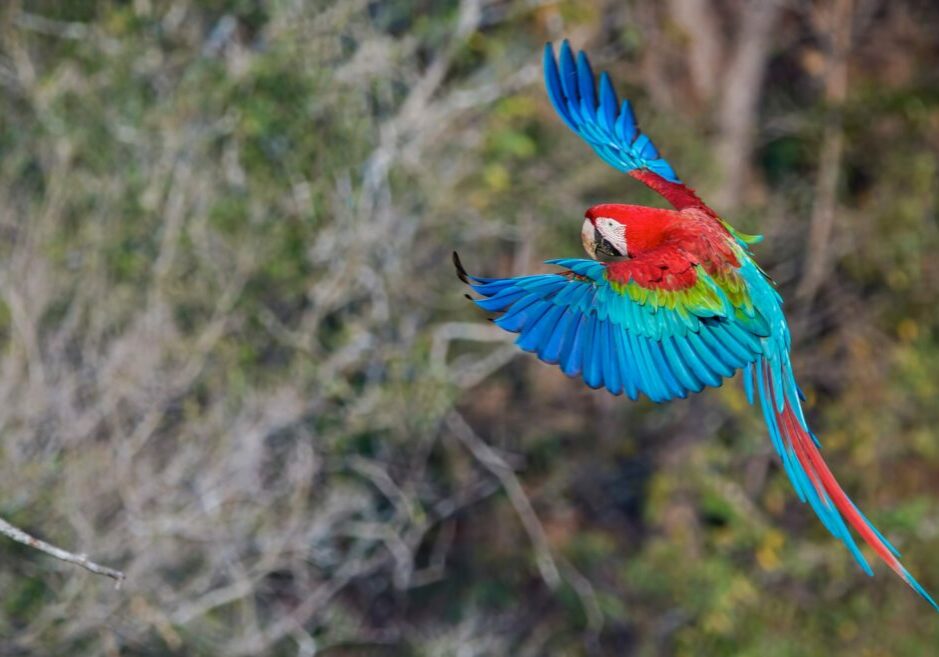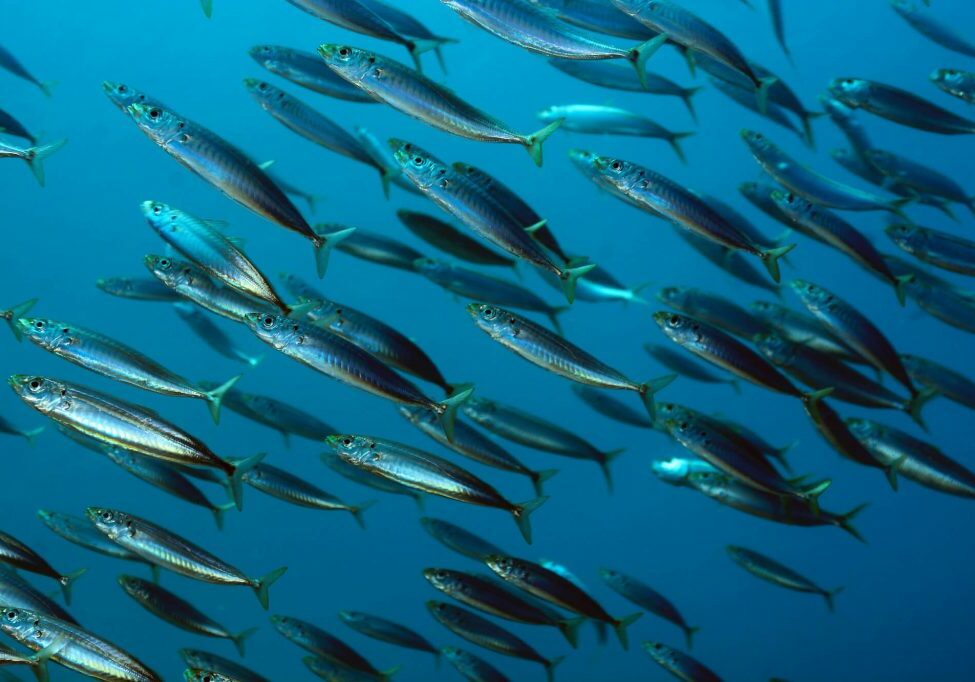The food we produce and consume puts a strain on nature. Food production takes up 40% of the planet’s habitable surface and contributes one-quarter of the world’s greenhouse gas emissions, making it a major contributor to climate change.
With 2022 seeing scorching temperatures in the UK, hot enough to trigger wildfires, it’s clear that the climate crisis is having an impact close to home.
Now more than ever it’s more important to consider what new habits we can pick up to help our world – and food is a great way to start! Our five tips will make it easy to make a difference.
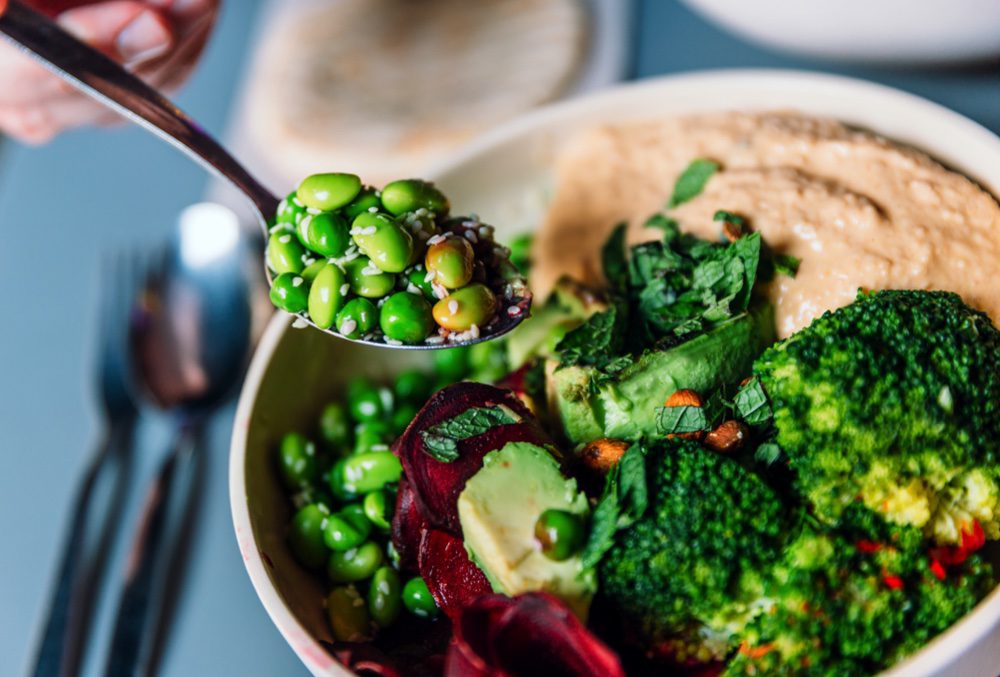
Make the most of veg
One of the best ways you can help care for nature – and your health – is by increasing your plant intake. Adopting a diet higher in vegetables and plant proteins and lower in meat and dairy is better for the planet and your health, and it can reduce your food costs by up to a third. It’s not about cutting out meat and dairy completely, but eating these foods in moderation – and it’s easy to find plant-based meals to suit you!
Try something new
Our planet’s soil benefits from having a variety of crops cultivated within it, and our bodies also stay healthy by eating a variety of nutrients. But 75% of the global food supply comes from just 12 crops and five animal species – despite the fact there are more than 20,000 known edible plants. By having a colourful plate you’re guaranteed a more nutritious and flavourful meal, and you’ll be keeping the soil healthy too.
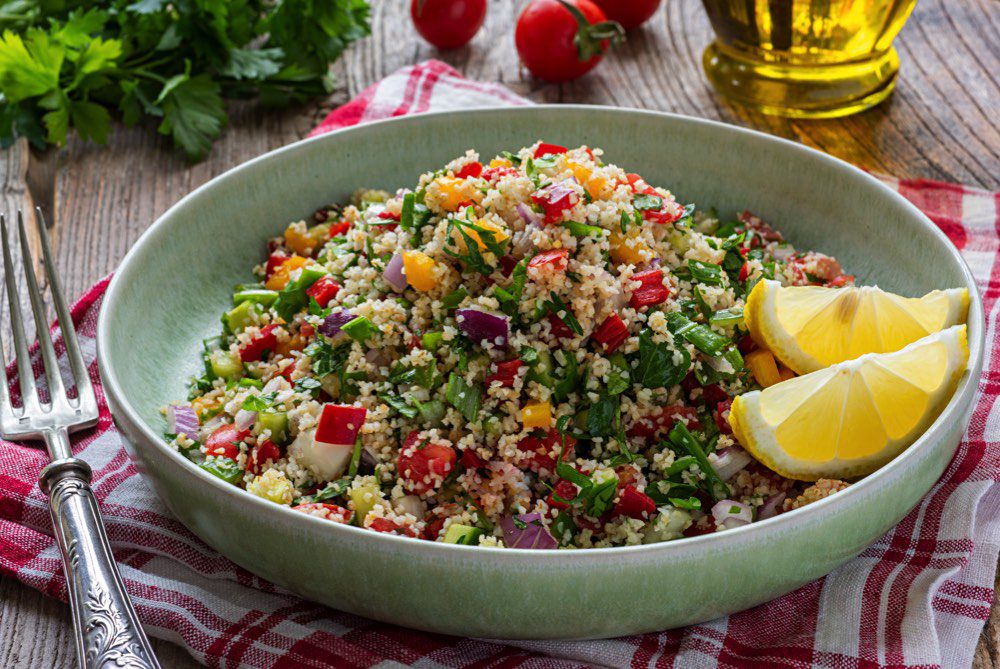
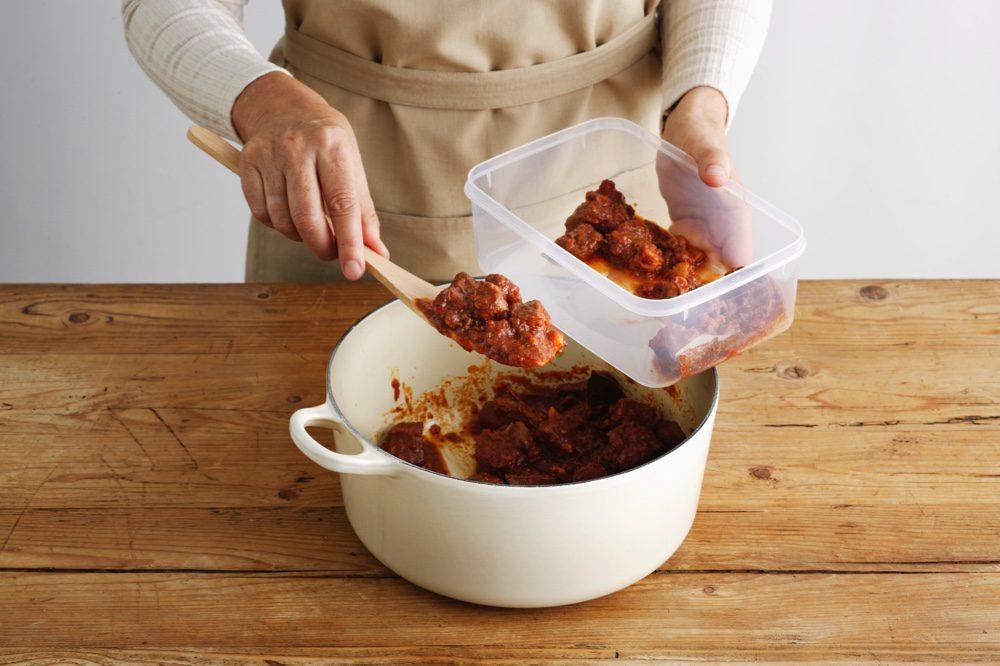
Let’s tackle waste
The average household wastes around 30% of the food it buys – that’s like taking £100 out of the bank and putting £30 straight into the bin. And food that rots in landfill is responsible for 10% of the world’s greenhouse gas emissions. If you have leftovers, freeze them to enjoy again, or turn to your spice rack to create delicious new meals like curries, pies, soups and stews.
Shop sustainably
Next time you’re shopping, check food labels to see if what you’re buying has been produced sustainably. Some logos to look out for include Fairtrade and Rainforest Alliance (protecting farmers and workers in developing countries), RSPCA Assured (upholding animal welfare in the UK), MSC and ASC (sustainable seafood), and RSPO (sustainable palm oil – you can find out more about palm oil with our explainer). The Impact Score app lets you scan barcodes to check the eco and welfare credentials of products, too.
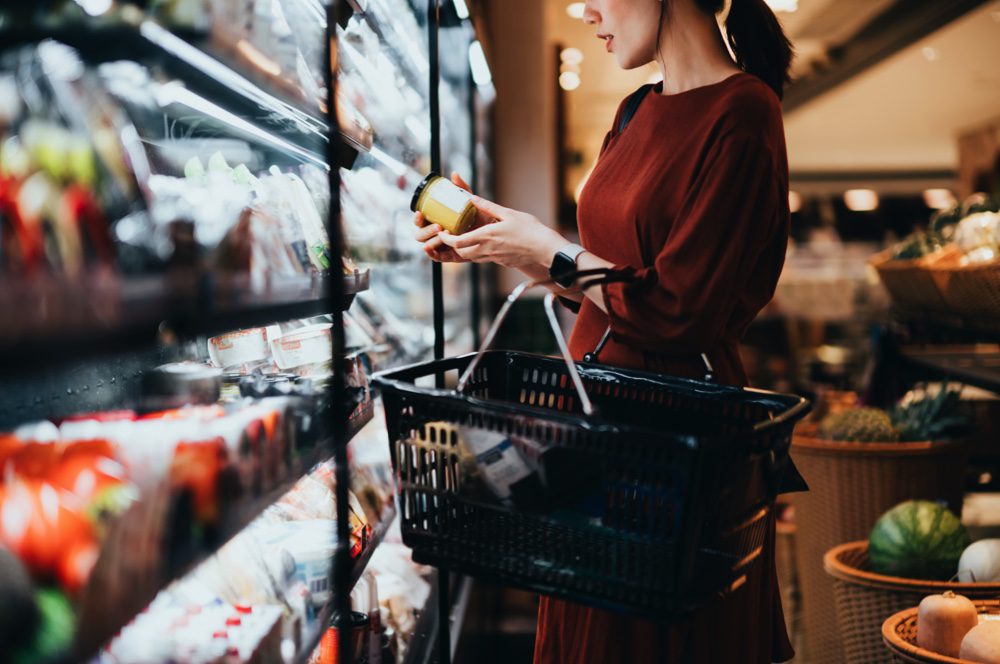
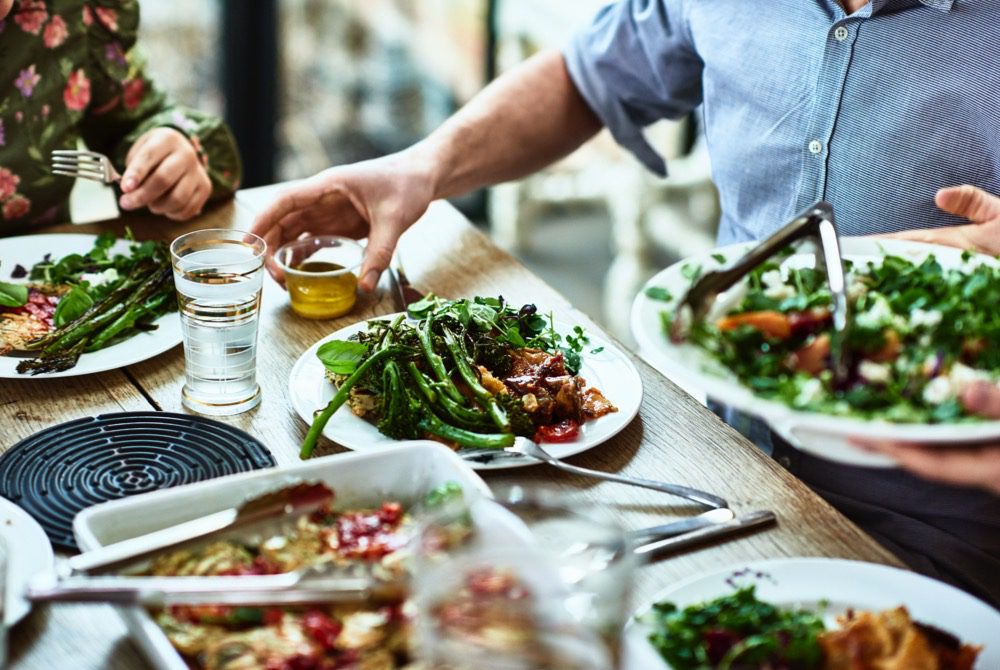
Do what you can!
Remember, there’s no perfect way to start. When it comes to diet, we all have different needs and resources. The individual choices we choose to make can be different, but we can all play our part to help protect nature and our climate. Whether you make one change or many, your choices can help make a positive difference.
Eat green
Visit our Eat4Change page to find more ways to make your meals kinder to nature
ALL IMAGES © GETTY IMAGES
More to explore
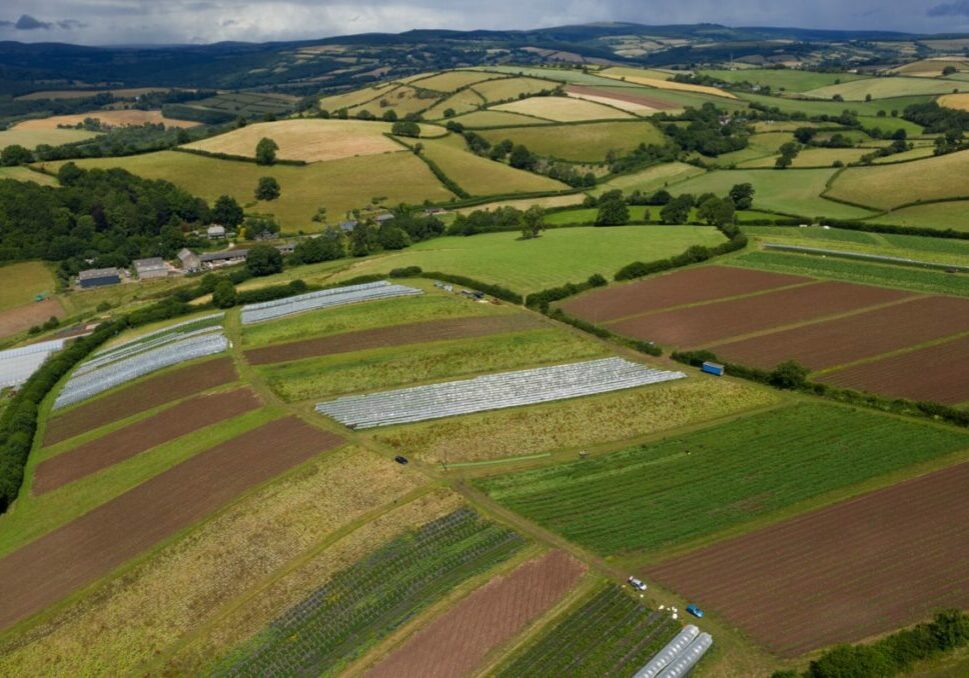
“We’ve become separated from the seasons”
Guy and Geetie Singh-Watson have led the way in organic farming and ethical eating since the 1980s. The restaurateurs and Riverford owners explain why we need to reconnect our food with nature
